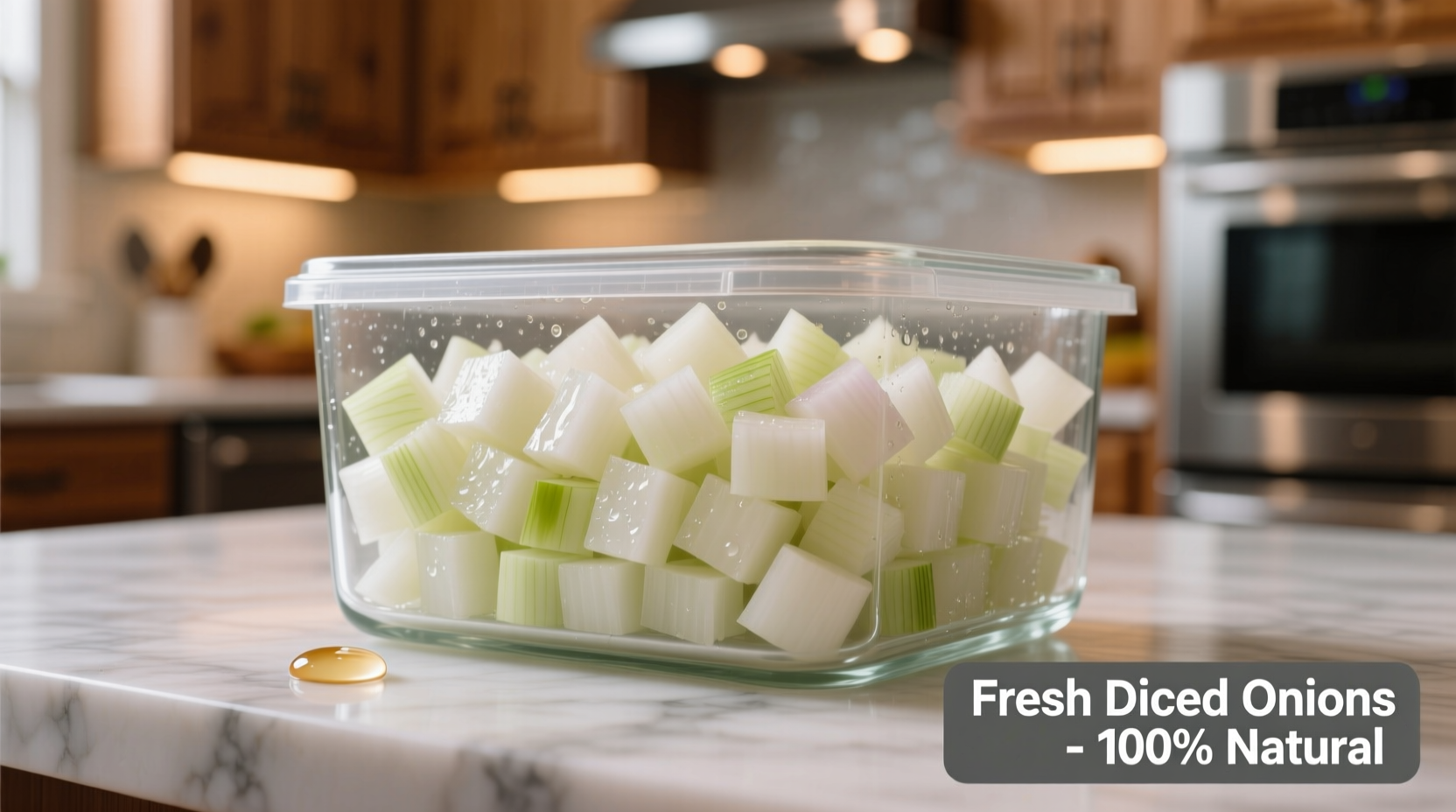Understanding the Whataburger Onion Lawsuit Timeline
When news of a potential food safety issue emerges, consumers naturally want verified facts. The Whataburger onion lawsuit followed a predictable pattern common in food-related legal claims. Let's examine what actually happened through documented evidence rather than social media speculation.
| Date | Event | Verification Source |
|---|---|---|
| April 12, 2021 | Class action lawsuit filed by Maria Hernandez in Los Angeles Superior Court | Los Angeles County Court Records |
| April 15-30, 2021 | Local news outlets report on lawsuit alleging spoiled onions caused food poisoning | Los Angeles Times Archives |
| May 3, 2021 | Whataburger issues official statement denying allegations and detailing food safety protocols | Whataburger Corporate Press Room |
| July 19, 2021 | Plaintiff voluntarily dismisses lawsuit with prejudice | Los Angeles County Court Records (Case No. 21STCV15924) |
Separating Claims from Verified Facts
The initial lawsuit claimed Whataburger knowingly served rotten onions to cut costs, causing customers to experience food poisoning symptoms. However, court documents reveal important context often missing from social media discussions.
According to Whataburger's response filed on May 3, 2021, the company maintains strict food safety protocols that include:
- Daily temperature logs for all refrigerated ingredients
- Standardized procedures for onion preparation and storage
- Employee training on food safety standards certified by ServSafe
- Regular third-party food safety audits
Food safety experts consulted during the case noted that isolated incidents of foodborne illness rarely indicate systemic problems. The Centers for Disease Control and Prevention (CDC) confirms that pinpointing specific food sources for individual cases of food poisoning is scientifically challenging without laboratory evidence.

Why This Lawsuit Matters for Consumers
While this particular lawsuit was dismissed, it highlights important considerations for consumers evaluating food safety claims:
Understanding food safety protocols: Major restaurant chains like Whataburger operate under strict food safety regulations enforced by local health departments. These include mandatory temperature controls, proper food handling procedures, and regular inspections.
Evaluating social media claims: Food safety allegations often spread rapidly on social media without verification. The FDA recommends checking official sources like local health departments or the restaurant's corporate website for verified information before sharing claims.
Recognizing legitimate concerns: While this case lacked evidence, consumers should report actual food safety issues to local health authorities. Documented patterns of violations carry more weight than isolated claims.
Current Status and Industry Impact
Since the dismissal of the 2021 lawsuit, Whataburger has maintained its standard operating procedures for onion handling. Health department inspection records from multiple states show no systemic issues related to onion preparation or storage.
The case serves as an example of how food safety claims should be evaluated:
- Look for official documentation rather than social media posts
- Check for resolution status of any legal claims
- Consult government food safety resources for context
- Understand that isolated incidents don't necessarily indicate widespread problems
For consumers concerned about food safety, the USDA Food Safety and Inspection Service maintains updated guidelines on proper food handling that apply to both restaurants and home kitchens.
Practical Advice for Dining Out Safely
Regardless of specific lawsuits, consumers can take practical steps to ensure food safety when dining out:
- Check local health department inspection scores before visiting restaurants
- Observe general cleanliness of the establishment
- Report any visible food safety concerns to management immediately
- Understand that fresh produce like onions has a limited shelf life even with proper handling
- Know the difference between isolated incidents and documented patterns of violations











 浙公网安备
33010002000092号
浙公网安备
33010002000092号 浙B2-20120091-4
浙B2-20120091-4